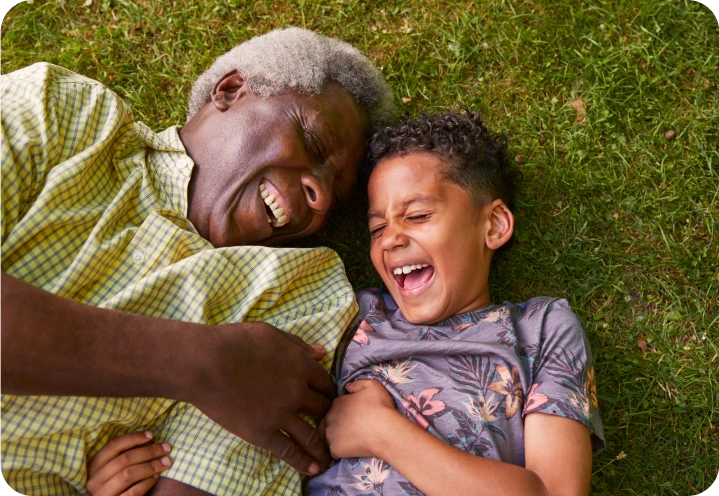Joining A Greater Cause
Every available medicine or treatment today was once a clinical trial; everything from headache medicine to acid-reflux pills to chemotherapy medications. Whether you are seeking a new treatment option or an opportunity to help others, participating in a clinical trial could benefit you, your community, and generations of people to come.
By joining Future of Medicine, you’ll be taking the first step to joining something bigger: a community of like-minded people who are actively taking control of their health and helping future generations by their participation in research.
Joining does not necessarily mean that there will be a clinical trial that is right for you. Nor does it mean that you are obligated to participate in clinical trials offered to you. The decision to opt in or out of specific research is always up to you.
Hear from Future of Medicine Members










